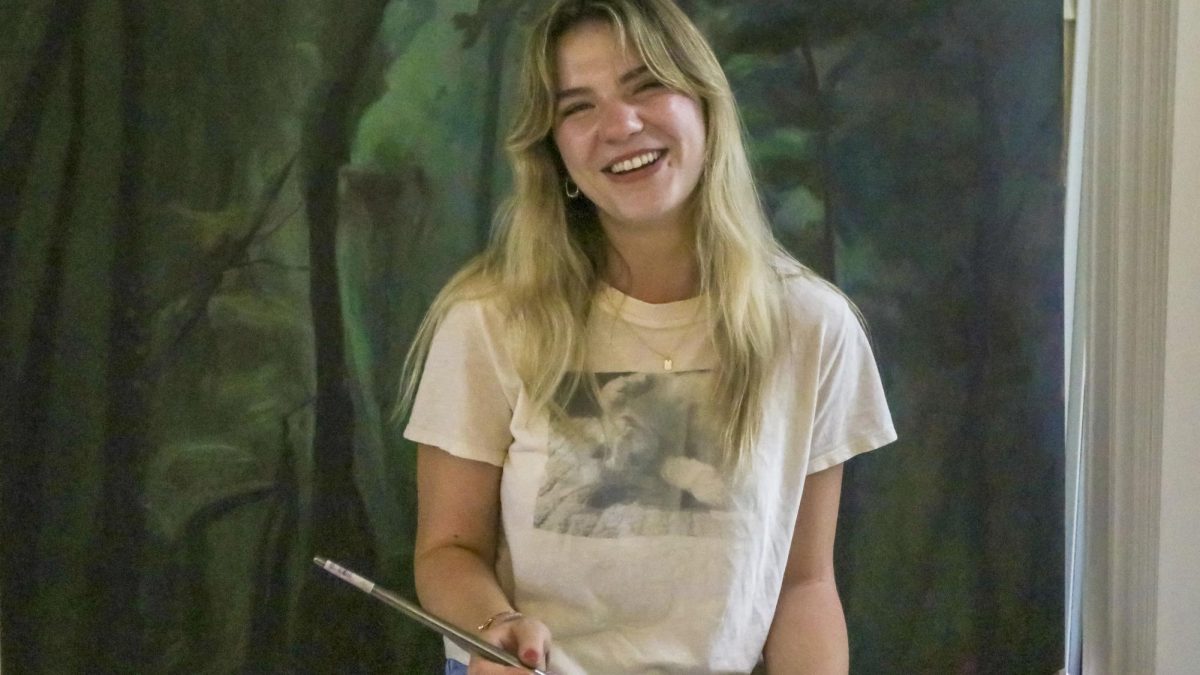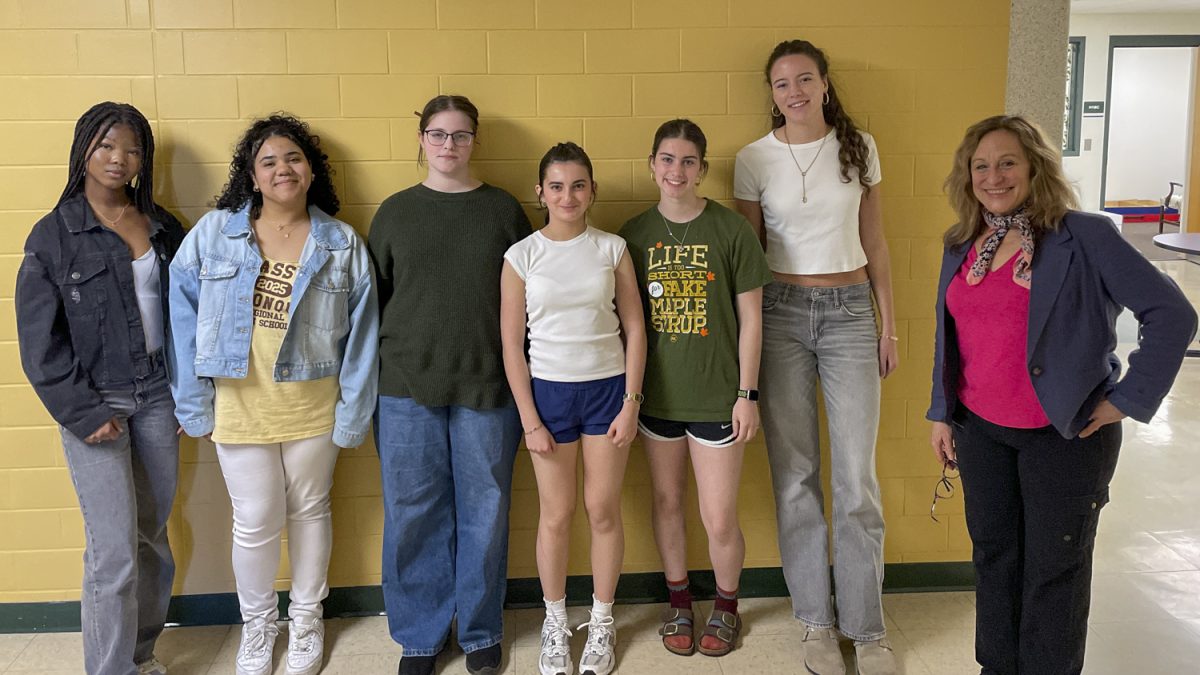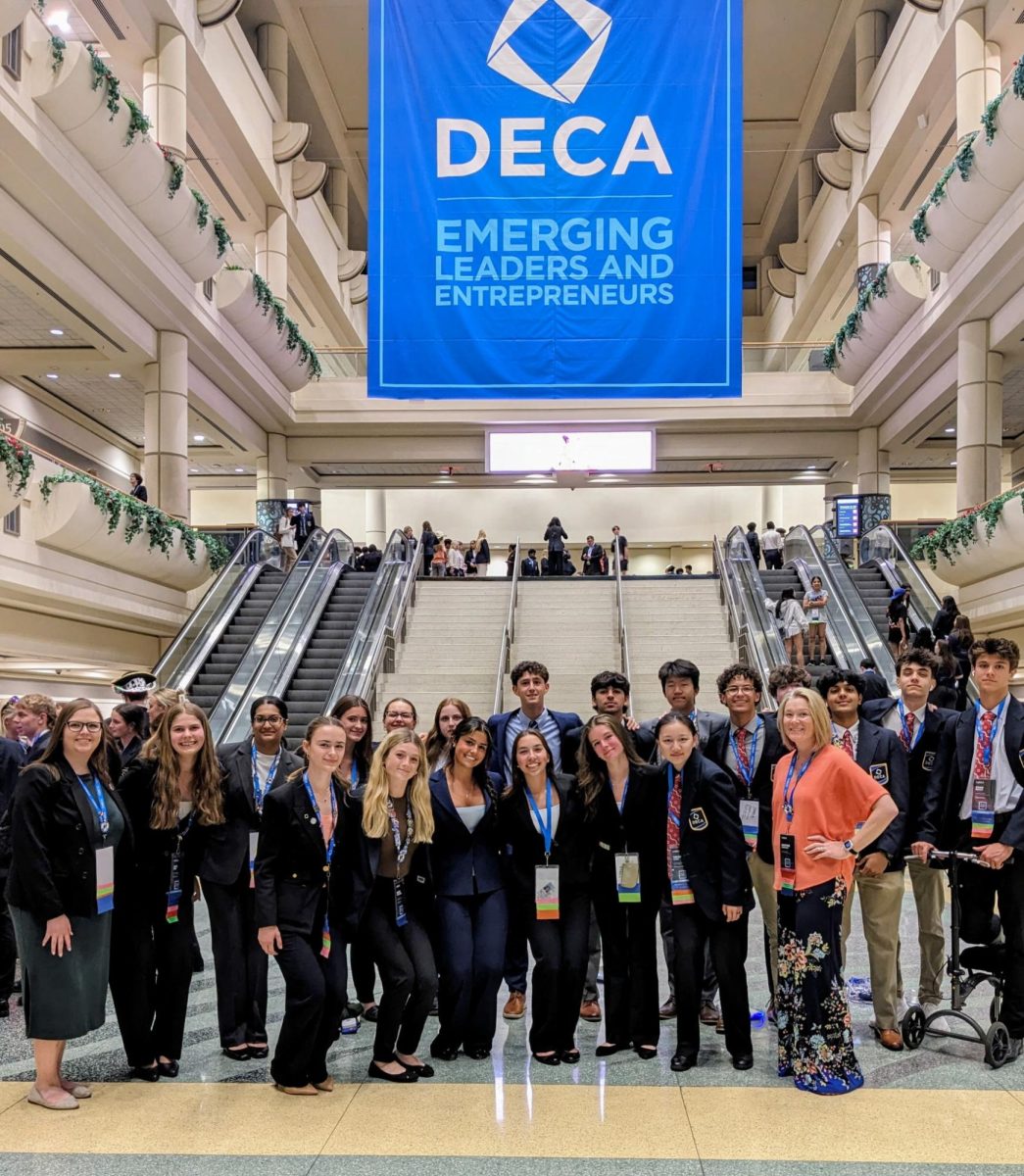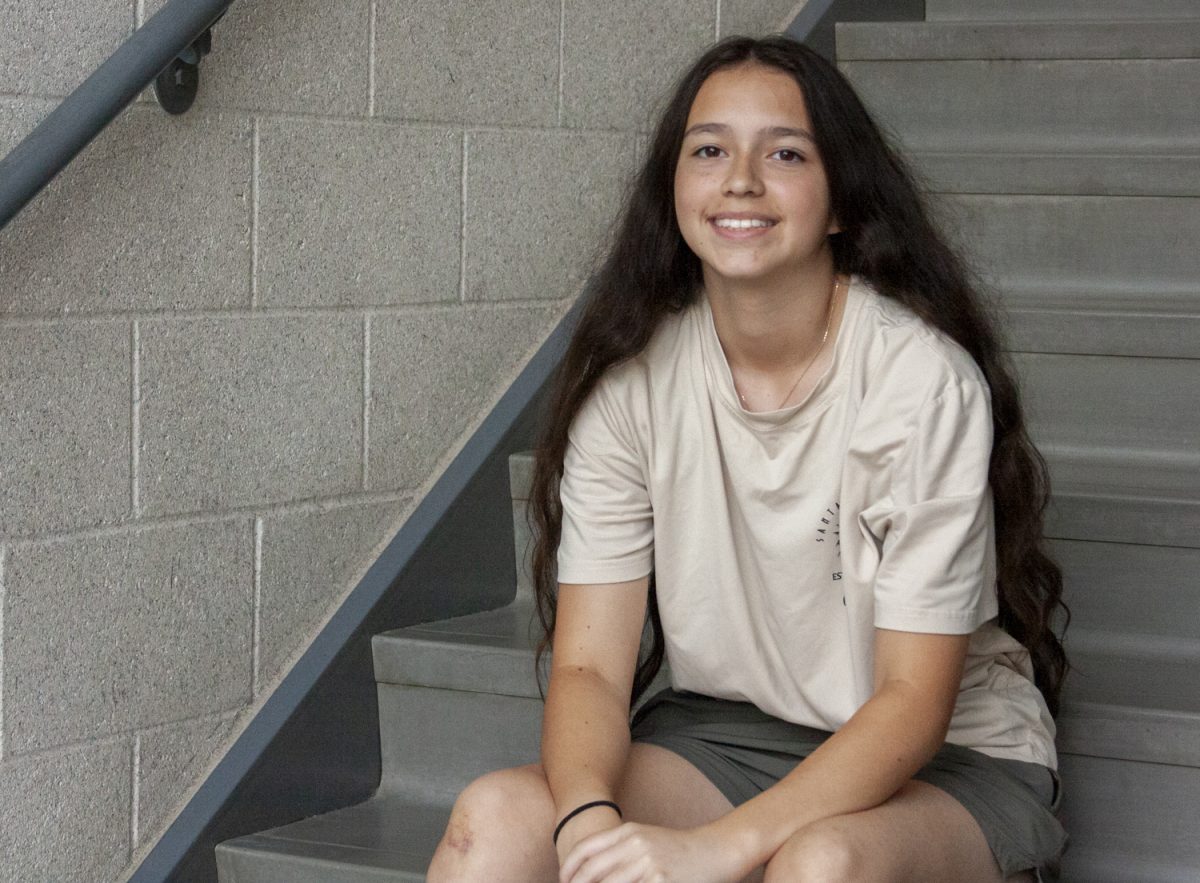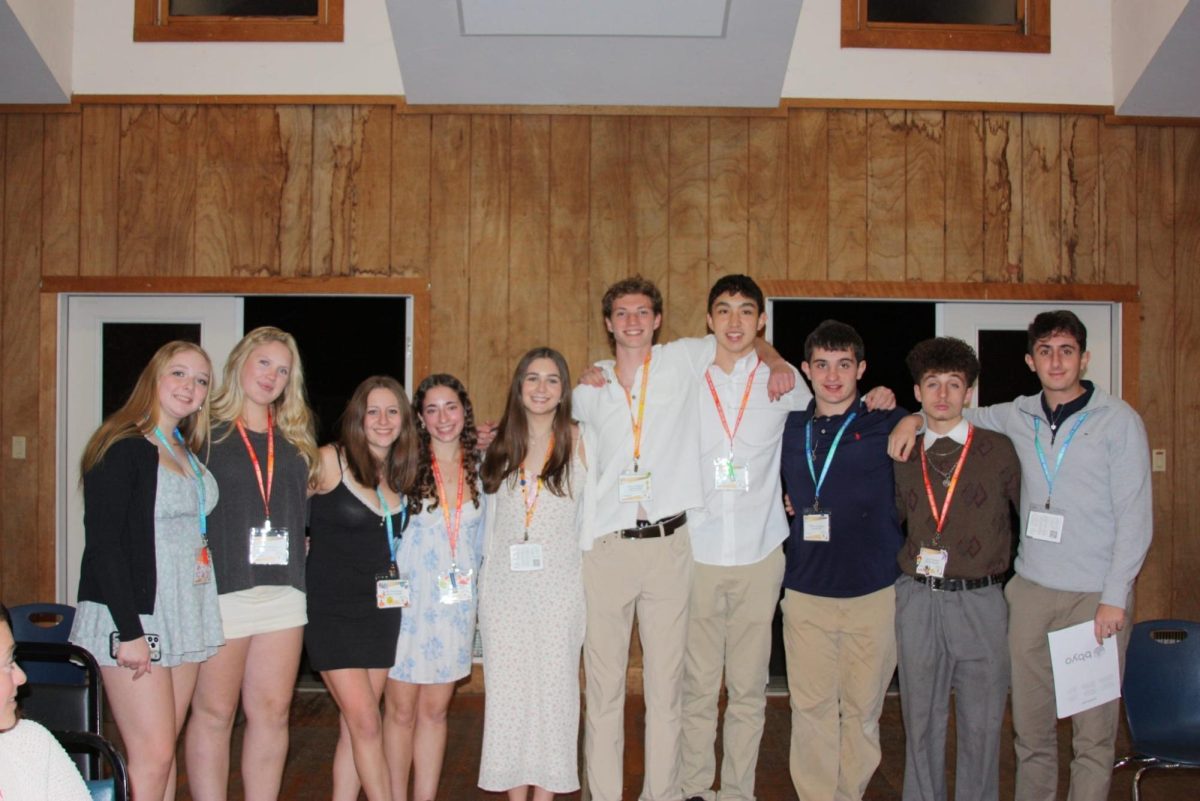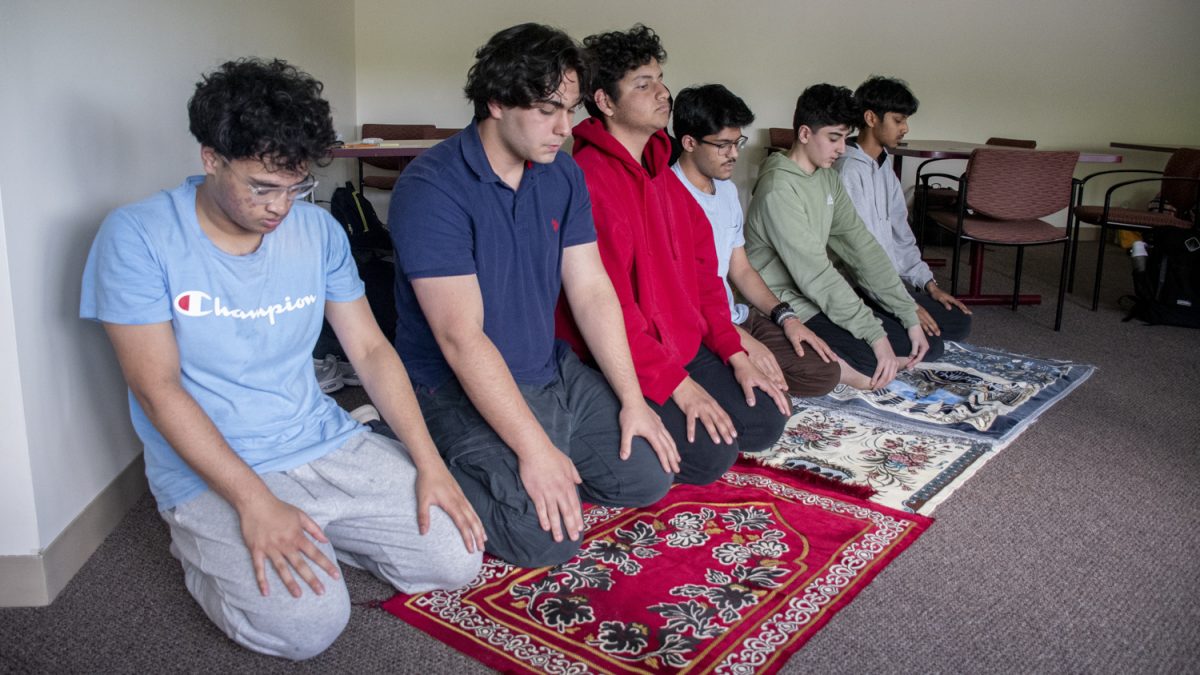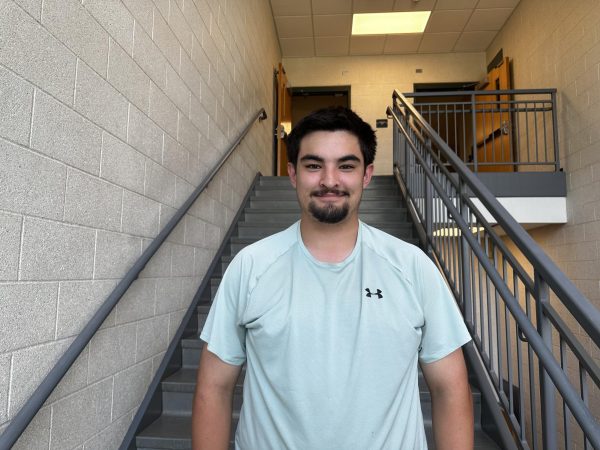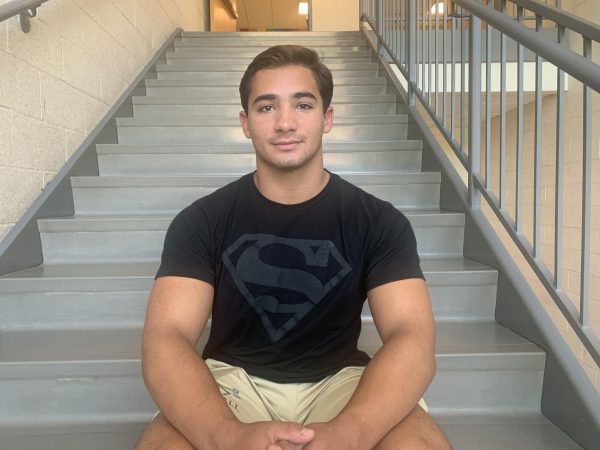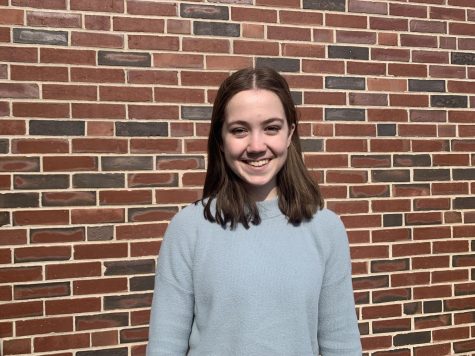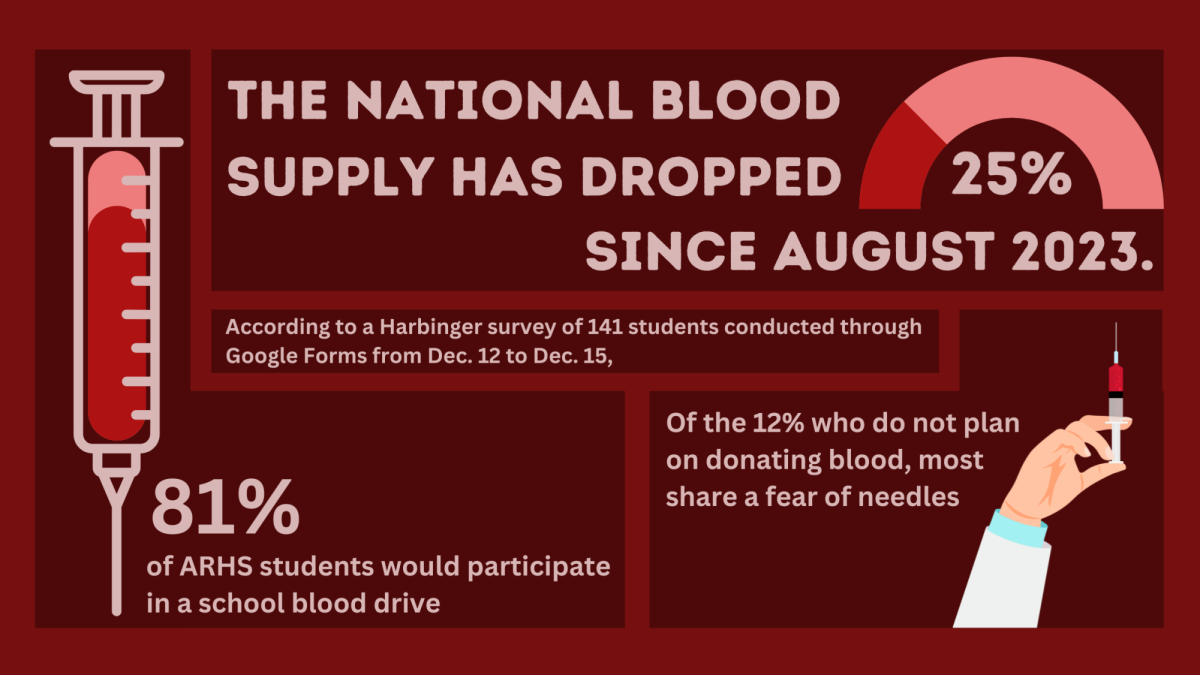
Amid the national blood shortage, Health Occupation Students of America (HOSA) plans to have a school blood drive in the early spring.
The Red Cross announced a national blood shortage on Sept. 11 due to a critically low blood supply that had dropped nearly 25% since August, and they need 10,000 additional blood products each week over the next few months for the blood supply to reach sufficient levels and meet hospital and patient needs. According to a Harbinger survey of 141 students conducted through Google Forms from Dec. 12 to Dec. 15, 88% of respondents answered yes or maybe when asked if they planned on donating blood in the future, and 81% would participate in a blood drive if the school held one.
According to the American Red Cross, in a blood drive, participants sign up, take a general health check and are seated in a contoured chair where one pint of blood gets drawn, which takes about eight to ten minutes. The blood is sent to a laboratory where it undergoes testing and separation into parts that get distributed to hospitals where it goes to patients in need, including people with serious injuries or diseases.
School nurse Heather Allen previously worked in a hospital with patients who were in need of blood.
“We give a lot of blood to patients,” Allen said. “In surgeries, they need a lot of blood, so in a bigger hospital with a lot of surgery cases, probably about 30 or 40% [of the patients need blood].”
Before the COVID pandemic, ARHS held blood drives with MetroWest Medical Center twice a year—one in autumn right after football, and one in the spring before the sports season. Student council adviser and previous blood drive organizer John Barry says the school’s blood drives were very successful.
“If you can get 60 to 80 kids to sign up to give blood, that’s a really good blood drive, and we got those consistently,” Barry said. “It was a steady stream of kids, very efficient.”
According to the Harbinger survey, of the 12% of students who do not plan to donate blood in the future, most of them share a fear of needles. According to the University of Colorado-Boulder Health & Wellness Services, the fear of needles is the most common reason that people avoid donating.
Principal Sean Bevan, who has donated blood several times before, believes there is no reason to be afraid.
“[Blood drives] have such a streamlined and efficient process because their goal is to make it as painless as possible,” Bevan said.
Mass General Hospital Blood Donor Center Manager Kim Cronin found that fear of needles is not the only prominent reason people avoid donating blood.
“The number one reason people don’t sign up is because they feel that they were never asked,” Cronin said. “They could see a poster put up or get an email about donating, but they don’t feel like they were personally asked… a coworker, friend, fellow student will say to them ‘Hey, you gonna sign up to donate blood? I’m going, wanna come with me?’ then that’s when people tend to sign up and show up.”
HOSA is a club for students interested in medicine, and they are in the early stages of planning the blood drive. The club is working with Cronin and District Wellness Coordinator Mary Ellen Duggan to find a time and date for the drive. For students uncertain about the benefits of donating blood, junior and HOSA member Claire Devlin believes they should think positively about it.
“We should have some sort of incentive, but people should just think about how it’s helping others,” Devlin said. “It’s easy. You go down from class for a few minutes, donate your blood, and it’s going to help save people’s lives, so it’s a really easy way to give back to the community.”
Although Devlin is unsure about the incentives, she and the rest of HOSA have spent lots of time thinking about it. HOSA club adviser Lori Mott encourages students to participate in future blood drives.
“If you’re healthy and can do it, you can save a life,” Mott said.



